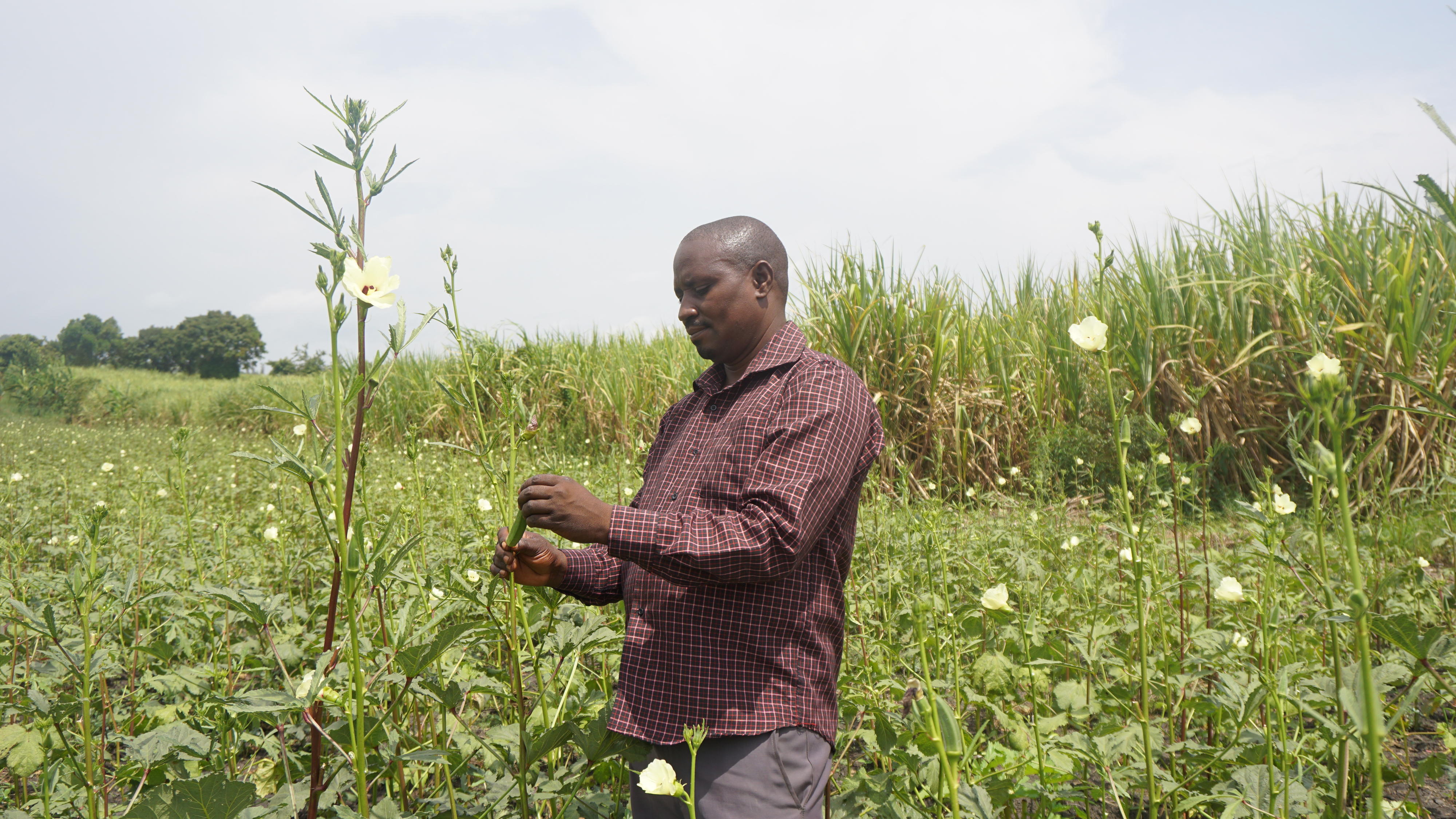We must do something about drought

Michael J. Ssali
What you need to know:
- The mention of the above reports in today’s column is intended to demonstrate that different countries across the world use their agricultural research findings to address the challenges facing their agricultural production efforts.
I have been reading a report in the online publication, Genetic Literacy Project, dated August 10 2022 that India is likely to see drought-resistant CRISPR gene-edited rice by 2026.
It reads: “A drought-resistant rice variety developed through the application of genome-edited technology for the first time in India, and is expected to be available for field evaluation by 2024 and for commercial cultivation by farmers by 2026, according to agriculture minister Narendra Singh Tomar.”
Last year we read in the weekly digital newsletter, Crop biotech Update, (dated Nov 17 2021) and published by ISAAA (International Service for the Acquisition of Agri-biotech Applications) that Brazil had approved drought tolerant wheat. In the same article it was written: “The approval for drought resistant wheat in Brazil is a major step towards building climate-resilient agriculture systems that use wheat as a key component for crop rotation.”
The newsletter also disclosed that in October 2020 Argentina granted the first approval of drought tolerant wheat for growth and consumption.”
The mention of the above reports in today’s column is intended to demonstrate that different countries across the world use their agricultural research findings to address the challenges facing their agricultural production efforts.
For months now in many districts in Uganda we have experienced a very severe drought that will definitely result in reduced food production and nutrition insecurity. We are already seeing decreasing household incomes as farmers sell off their livestock due to lack of feeds and as animals drop dead on their way to find water. Long droughts also pose health threats since without water it is difficult to practice good hygiene.
Long droughts cause environmental degradation, bush fires, and conflicts between livestock keepers and crop farmers over usage of scarce water resources. Frequent droughts are also a symptom of climate change which has as well come along with new parasites and pests. Warm temperatures facilitate migration of parasites like the tsetse fly and mosquitoes to areas where they did not exist before.
We must do something to continue with food production in drought conditions. Our maize production, for example, has been poor because of the drought and the fall army worm despite the crop being such an important food item. Farmers must be sensitive to the availability of drought tolerant seeds in farmers’ shops. We must also consider applying biotechnological solutions to our agricultural issues.
Mr Michael Ssali is a veteran journalist,




